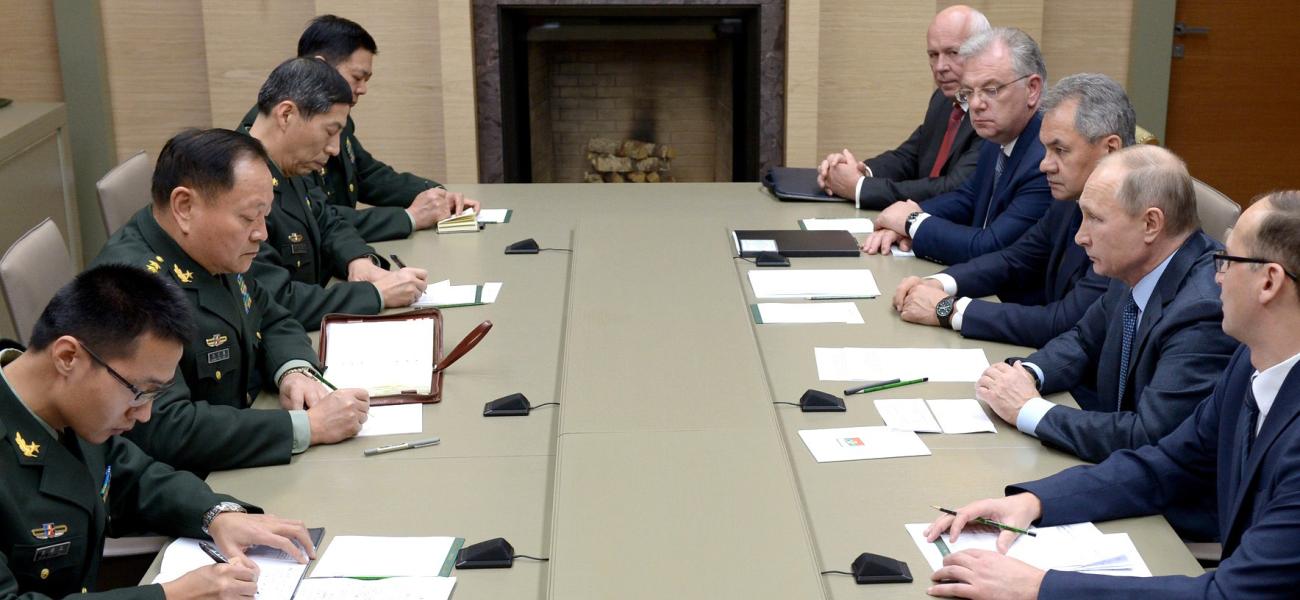
Russia and China are Outwitting America
This is a summary of an article originally published by the Washington Post.
The author writes that Democrats and Republicans have embraced the idea of 'great-power competition' between the United States, China and Russia as a framing device for thinking and talking about the world. He writes that this reflects reality in that it recognizes Beijing's and Moscow's interests that are at odds with those of the U.S., but falls short in how national security circles have so far defined this rivalry as exclusively a competition for technological and military superiority. The author provides evidence of the need for a wider view of this competition in Putin's successes in Syria and China's handling of the South China Sea disputes. Both of these projects succeeded due to shrewd statesmanship, not the deployment of more advanced weapons. The author writes that weapons are ultimately only as smart as the strategy that employs them, as Washington's faith in the decisive impact of technology increases the danger of an inadvertent escalation to war. The author concludes that "Americans must learn what their foes already understand: In great-power rivalry, success depends less often on brawn than on brains."
Read the full text at the Washington Post.
Vance Serchuk
Vance Serchuk is an adjunct senior fellow at the Center for a New American Security.
Photo by Kremlin.ru shared under a C.C. BY 4.0 license.
